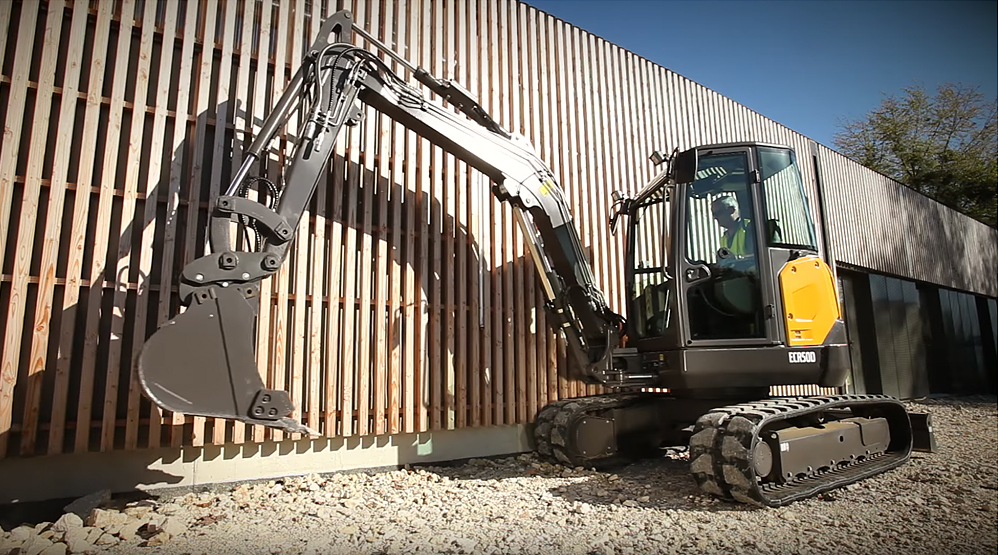By Peter Fitch, July 9, 2018
A mini excavator is very expensive. That’s why it needs to be maintained to avoid having to replace it after a few years. When taken care of, an excavator can last for more than two decades. Besides that, maintaining this equipment will cost you less money than repairing the damaged parts. Maintaining an excavator is not hard like we are made to believe. Anyone can do it. All you have to do is stick to the guidelines that are provided by the manufacturer in the user manual. When you follow such guidelines religiously, you will hardly make any mistakes during routine maintenance sessions.
If you have never used a mini excavator before and are thinking of investing in one, the tips below can help you identify and focus on keeping your equipment working in perfect order for years to come.-
Filters
-
Tracks
-
Lubricants
-
Electrical Wiring
-
Cooling System








